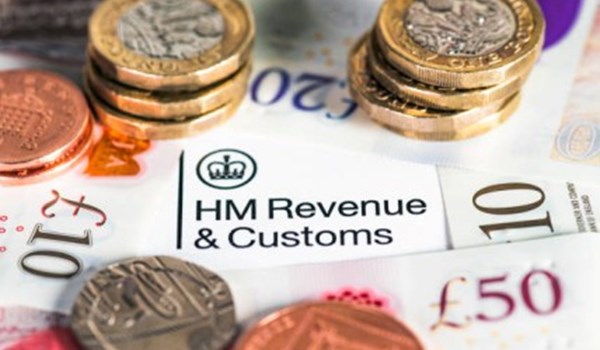THE BANGKO Sentral ng Pilipinas (BSP) on Tuesday vowed to continue efforts to combat financial crimes, after the Philippines officially exited the European Union’s (EU) list of countries that are at “high-risk” for money laundering.
“The BSP remains firmly committed to driving financial sector reforms, strengthening anti-money laundering/countering terrorism and proliferation financing (AML/CTPF) supervision, and building a resilient, inclusive financial system that supports economic growth and global confidence,” BSP Governor Eli M. Remolona, Jr. said in a statement.
Mr. Remolona, who also chairs the Anti-Money Laundering Council (AMLC), said they are working on identifying areas where the Philippines can further uphold its commitment to combat financial crimes and maintain global standards.
On June 10, the European Commission approved a regulation that removed the Philippines and seven other countries from its list of “third countries” that were flagged as facing a “high risk” of money laundering and terrorism financing. This regulation took effect on Aug. 5.
The European Commission had welcomed the progress made by the Philippines, Barbados, Gibraltar, Jamaica, Panama, Senegal, Uganda and the United Arab Emirates in strengthening the effectiveness of their AML/CFT (countering the financing of terrorism) regimes.
“Based on the available information, the commission concludes that Barbados, Gibraltar, Jamaica, Panama, the Philippines, Senegal, Uganda and the United Arab Emirates no longer have strategic deficiencies in their AML/CFT regimes,” it said.
In February, the Financial Action Task Force (FATF) removed the Philippines from its list of jurisdictions under increased monitoring for dirty money risks, after a successful on-site visit and completion of the recommended action plan.
The Philippines was also removed from the United Kingdom’s list of high-risk third countries last March.
The country was on the FATF’s “gray list” for over three years or since June 2021. This had resulted in the Philippines’ inclusion in the EU’s list of high-risk jurisdictions and the UK’s advisory list, which meant being subjected to stricter customer due diligence measures by member states for business relationships or transactions, the Anti-Money Laundering Council has said.
The BSP said the Philippines’ exit from the FATF as well as the UK and EU watchlists “signals growing international confidence in the Philippines’ AML/CTPF regime.”
“This development is expected to generate benefits, including lower remittance fees and improved relationship of Philippine banks with foreign counterparts, which drives business activities,” it added.
Analysts said the BSP’s commitment to anti-money laundering reforms is “highly significant.”
“It signals to global investors, banks, and regulators that the country is serious about maintaining the integrity of its financial system,” John Paolo R. Rivera, a senior research fellow at the Philippine Institute for Development Studies, said. “This enhances investor confidence, reduces transaction costs, and improves access to global financial markets.”
Ruben Carlo O. Asuncion, chief economist at Union Bank of the Philippines, Inc., said the BSP’s move shows “sustained vigilance and proactive governance in financial regulation.”
“To maintain global AML/CTPF standards and avoid future listings, the BSP can enhance its risk-based supervision, particularly over high-risk sectors like casino junkets and designated nonfinancial businesses,” Mr. Asuncion said.
“Strengthening digital surveillance tools, improving inter-agency coordination with the AMLC and law enforcement, and regularly updating regulatory frameworks in line with evolving FATF standards will be key to sustaining momentum and ensuring long-term compliance,” he added.
The AMLC earlier said it is pushing amendments to the Anti-Money Laundering Act as part of efforts to ensure the Philippines will remain off the FATF’s gray list. — Katherine K. Chan



